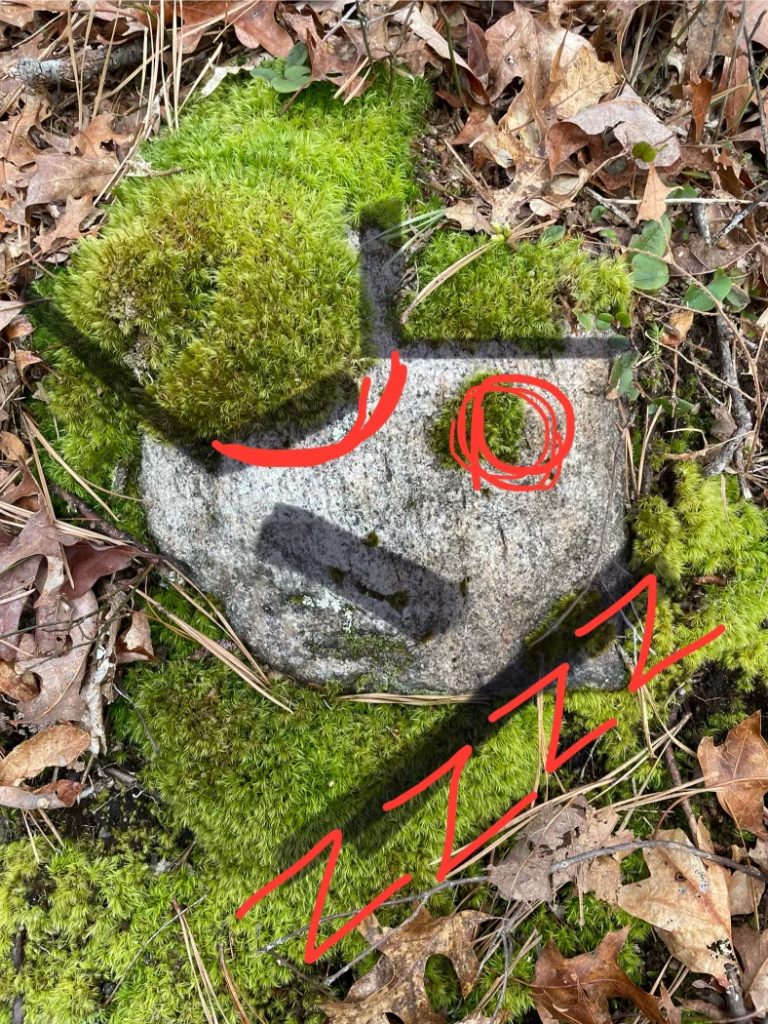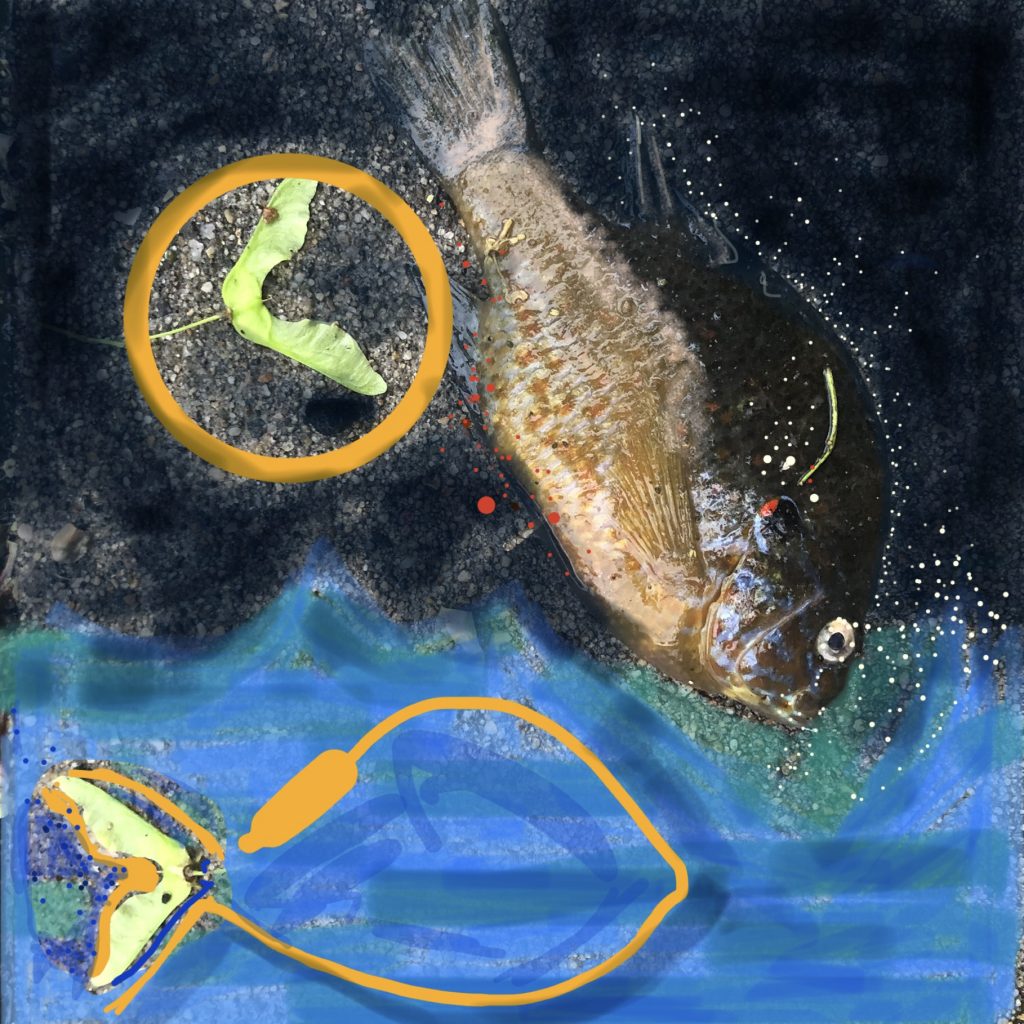
One of these Master Class titles floated through my social media feed that says you should talk to yourself like a friend. Since I’ve been awakening to the tandem light and dark sides of life, I see this advice as increasingly important. See, if you – like me – are one of those folks who is constantly in a dialog with yourself, in a call-response format of thinking, than the question “how do you sleep at night?” can be a real doosey.
Science-Style Questions are process oriented & made for the curious
This simple question, ‘how do you sleep at night?’ asked one way with practical, matter of fact tone, may yield answers like: take a warm bath, get a great mattress, drink this tea, put screens away, exercise hard during the day, reflect on what was good, watch something funny, read something of quality, etc. In essence, the answers to the question are do-able steps to sleeping at night. And…. TaDa! You’ll be sleeping (if you actually do the steps, that is).

Attack-Style Questions are winning-oriented & made for fighters
However, if you ask yourself the same question with a tone like a pissed off movie character, hissing to a rogue player “how do you sleep at night?!” it is instead a character assassination, a gut punch to guilt, and a damning question for which there is no answer but a moss covered decaying pile of hurt from the recesses of our souls. Thinking about this, accused by yourself, feels so horrible it could actually make it hard to sleep at night. That’s what its done to me anyway. A literal hell for months because I’ve been so harsh in my self-inquiry after a friend pulled the fatal trigger.

Because of the way our minds work, forcing yourself to answer any accusative question may stick you deep in the dark recesses of your brain to figure out what you actually DID to make it hard to sleep at night.
A mind fVck of the highest order, executed by self. I beg of any reader, just don’t do it. There are much simpler answers like see science-style above, and you can still peek under the moss-covered trauma to heal it in a gentler fashion.

Screw This Example: The Mechanism of Revelation
I have always believed every question has an answer, and that answers reveal themselves in the world via our awareness, not necessarily as an intellectual answer happening in our brain. For instance, the other night I was walking and talking with my husband, discussing whether should we move forward together on something or not. He bent down spontaneously, picked up a piece of metal and said “screw.”
In one mood, that’s a sure fire way to make me feel like I should literally flee, with the revelatory answer being “no, we will not do this thing together.” But in another way, taken playfully, it could really mean something quite different (I’m blushing here).
So what’s a proper lady (or gentleman) to do?
I love to ask myself and others quality questions as a matter of course, with lots of “I wonder if….” and “how can I ….” questions to spur me toward awe-inspiring answers (like when thinking about quantum physics or space exploration), and lots of practical steps to achieve worldly results (like how can I solve this particular tech problem).
We all naturally think and live this way, the quality of our lives depending mostly on the quality of the questions we ask and our ability to see the answers. Please know, I know I’m standing on the shoulders of greats here, too many to list, but you can go back to biblical axioms like “seek and you shall find,” or follow coaches who encourage you ask yourself empowering questions, or awe-inspiring questions, or classically, problem solving questions. It all boils down to the same thing: ask consciously. But what’s even more important is to ask like a friend would.
I wish I could prescribe the perfect questions for you to ask yourself, but that I cannot do. I’m struggling over here with the stone cold sober pain of feeling like I lost a great friend.
But what you hopefully can get out of this little ditty, is that the tone you ask yourself questions matters and you have a friend. Because some of what lives inside of us is inexplicable, perhaps even dark, or so shamefully mysterious we can hardly look. So if you do look, make sure you have a friend: namely YOU. Or someone else who cares and sees the good in you, and loves the flaws too.
Next time, maybe I’ll write about why I’ve got some harsh trauma bits stored way deep down inside, but if you read my testimony to pass the Reproductive Health Care Act in Rhode Island, you’ll get it instantly.
